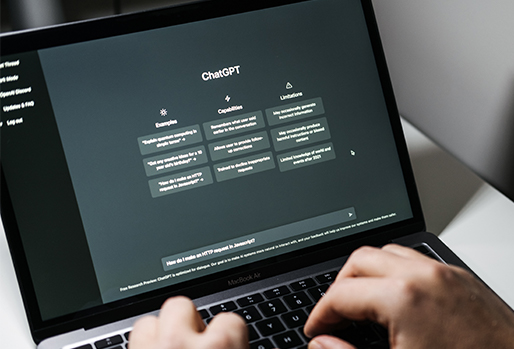In this modern and rapidly-evolving business landscape, staying ahead of competitors requires companies to be agile and efficient. The emergence of Artificial Intelligence (AI) enables businesses to automate their workflow and optimize their processes, providing them with a competitive advantage. ChatGPT plugins are a prime example of this.
What is ChatGPT?
Unless you have not been online over the past few months, you have probably heard of ChatGPT. ChatGPT is an AI-powered chatbot by OpenAI that is trained on huge amounts of data and can generate human-like answers to text prompts.
You can ask ChatGPT practically anything and you are guaranteed to receive a response — although sometimes perhaps not the one you may be looking for. Like any language model, it is limited to the data set that it has been trained with, which means that it’s not always up-to-date with current news and trends. This, and other limitations, are what ChatGPT plugins aim to address.
“Native” ChatGPT plugins by OpenAI
As of May 12, 2023, OpenAI has started gradually rolling out access to plugins to select subscribers of ChatGPT Plus, the tool’s paid version. These plugins include a web browser and code interpreter.
As a language model trained on a huge, yet still limited, amount of data, the web browser plugin aims to make ChatGPT’s responses more reliable by letting it read information from the internet. This significantly expands the information that ChatGPT can “refer to” in its responses hence making the output more accurate and up-to-date.
The code interpreter, on the other hand, is useful for tasks like solving mathematical problems, both quantitative and qualitative, doing data analysis and visualization, and converting files between formats.
Aside from these native plugins provided by OpenAI itself, there are also third-party developed plugins available for ChatGPT.
Bard, Bing, and ChatGPT plugins
One of the main limitations of ChatGPT was its training data, which was cut off in 2021. However, the release of the web browser plugin addressed this limitation considerably. Microsoft’s Bing AI used to pose as a rival to ChatGPT, primarily because it utilized Bing’s search index while being built on the same model, OpenAI’s GPT-4. On the other hand, Bard leverages Google’s own model, LaMDA, which frequently provides less text-heavy responses compared to its counterparts.
In conclusion, ChatGPT plugins are a powerful tool for businesses looking to stay ahead of the competition. By providing more reliable and comprehensive answers to text prompts, these plugins can help businesses streamline their workflow and optimize their processes, ultimately giving them a competitive advantage in their industry.

